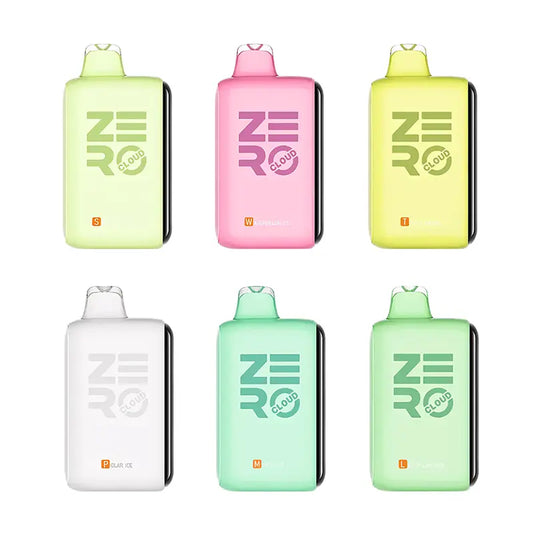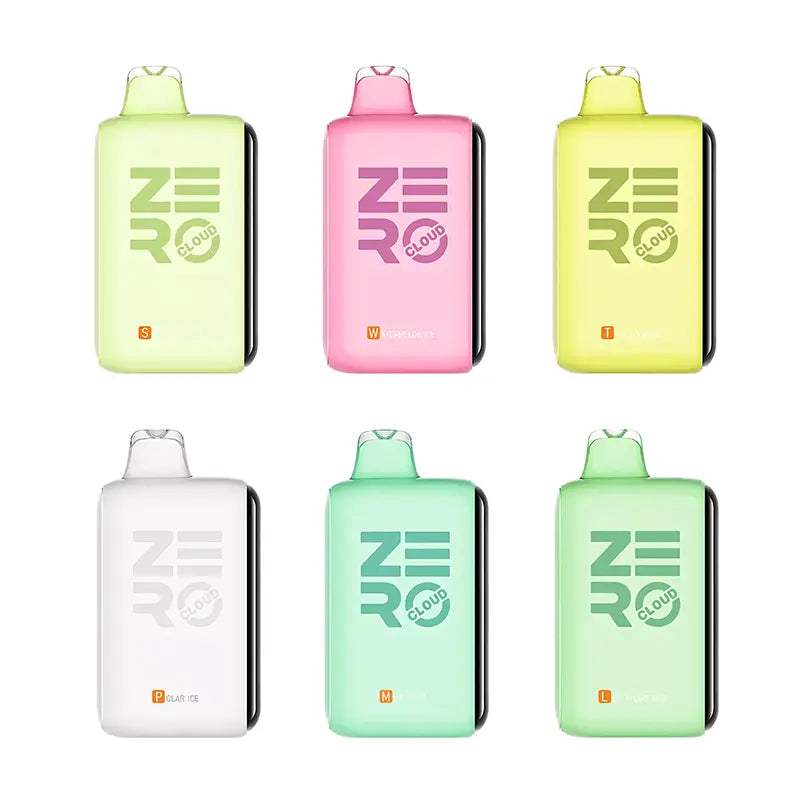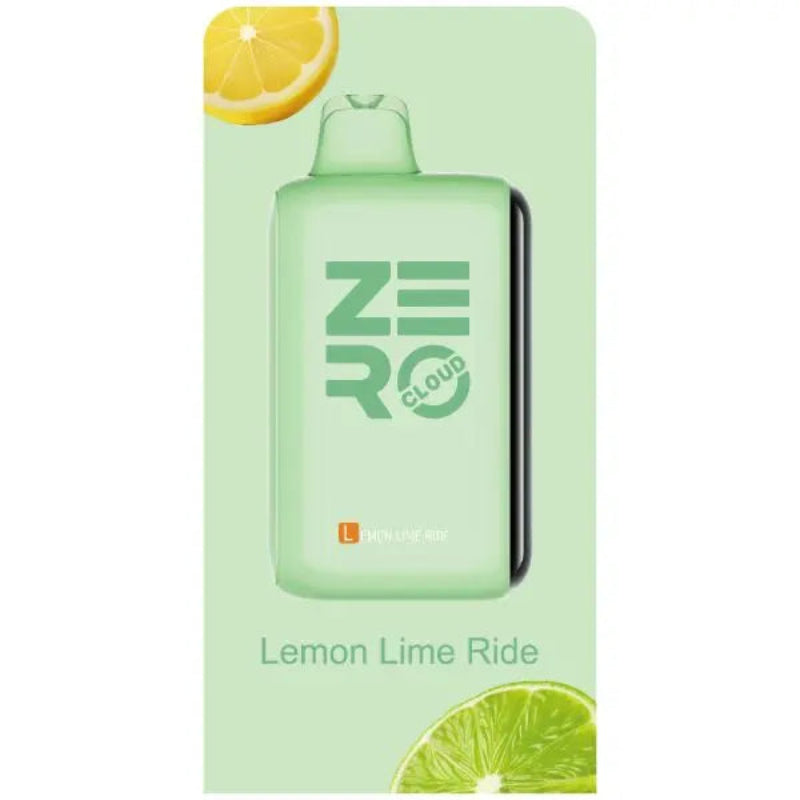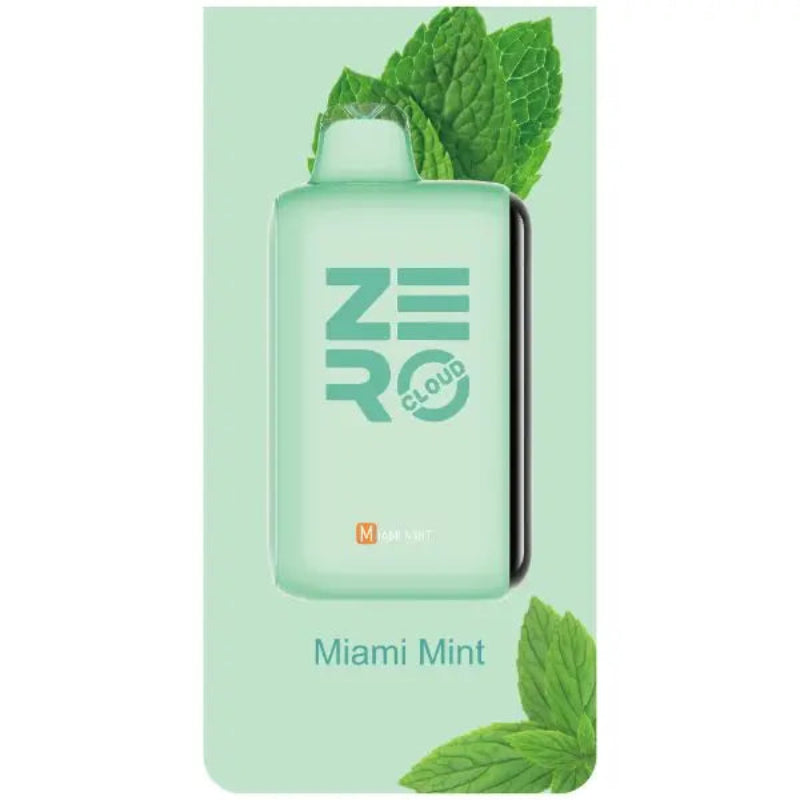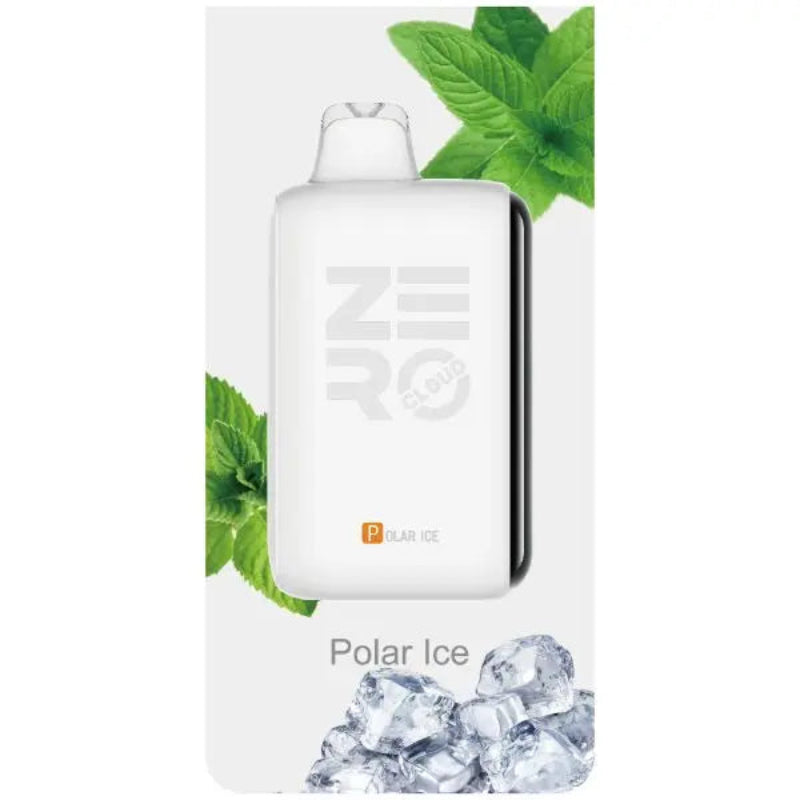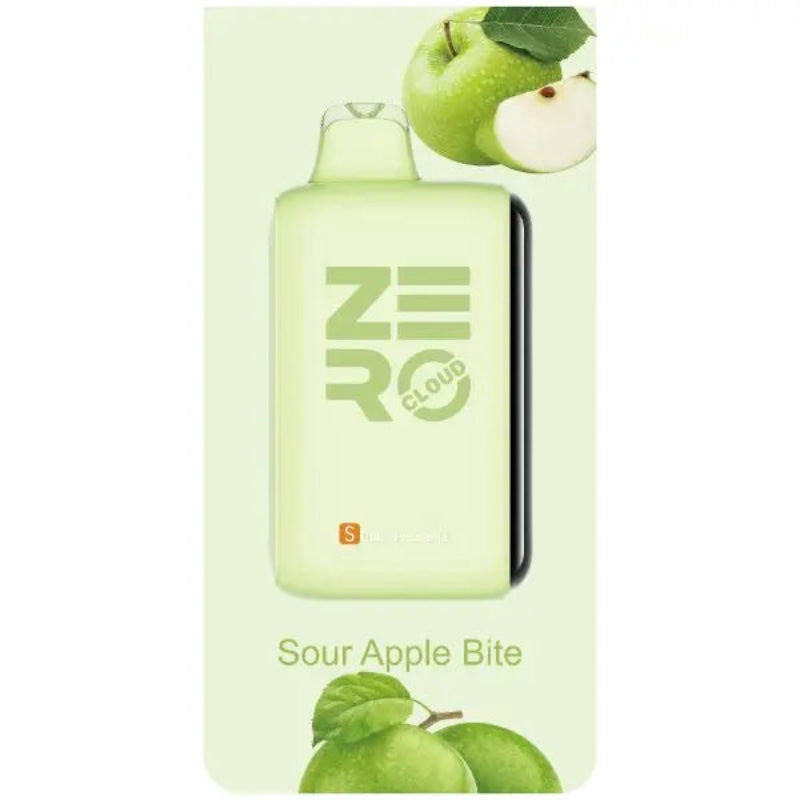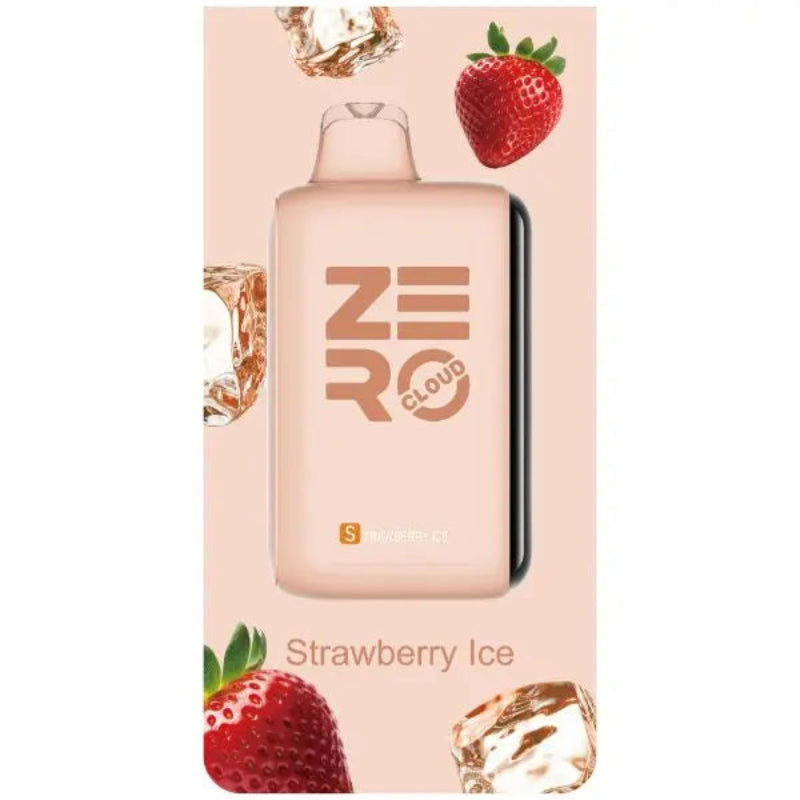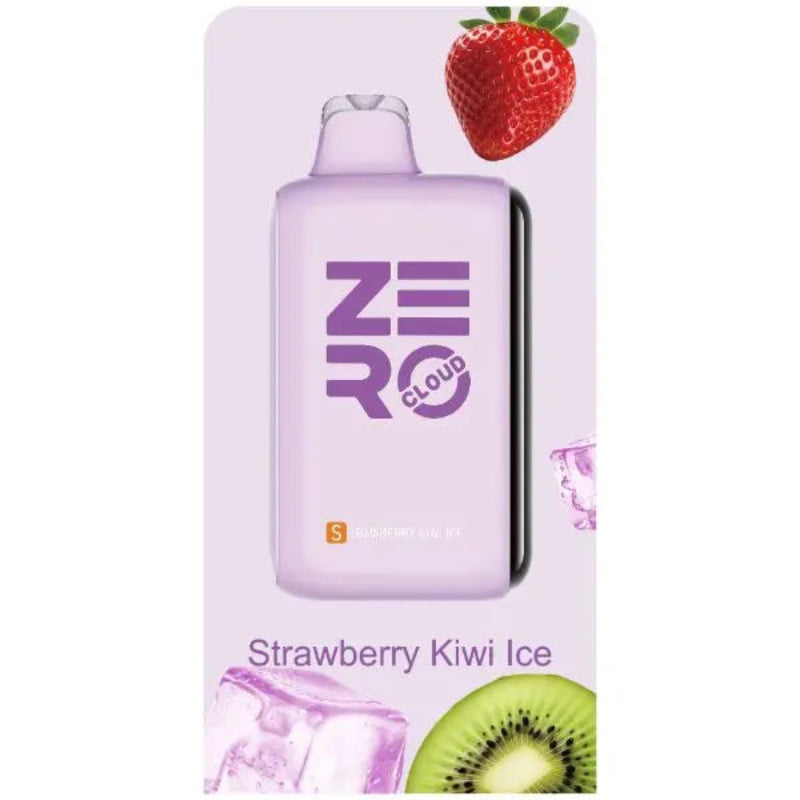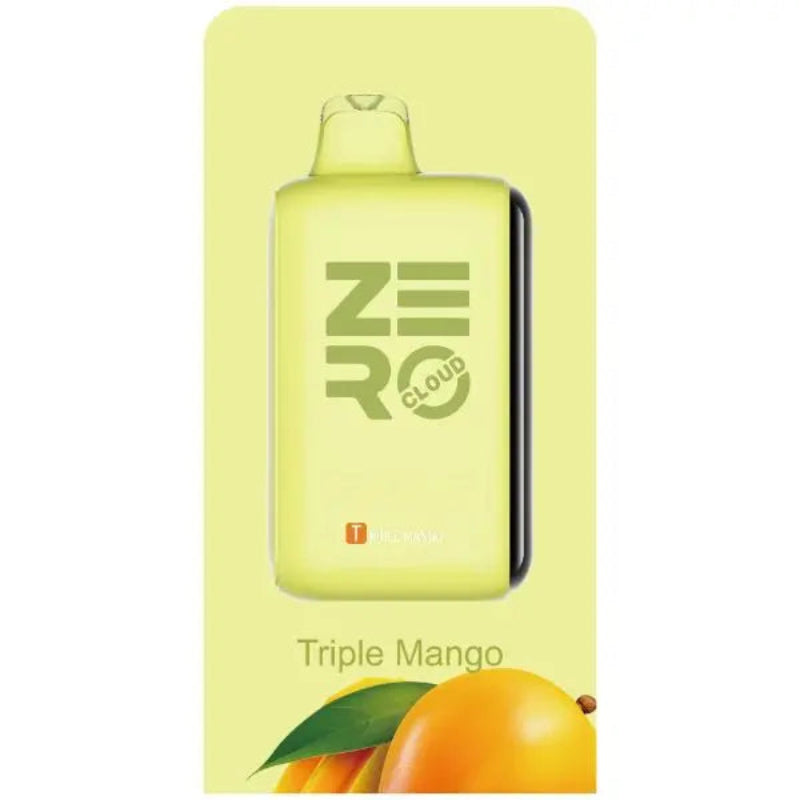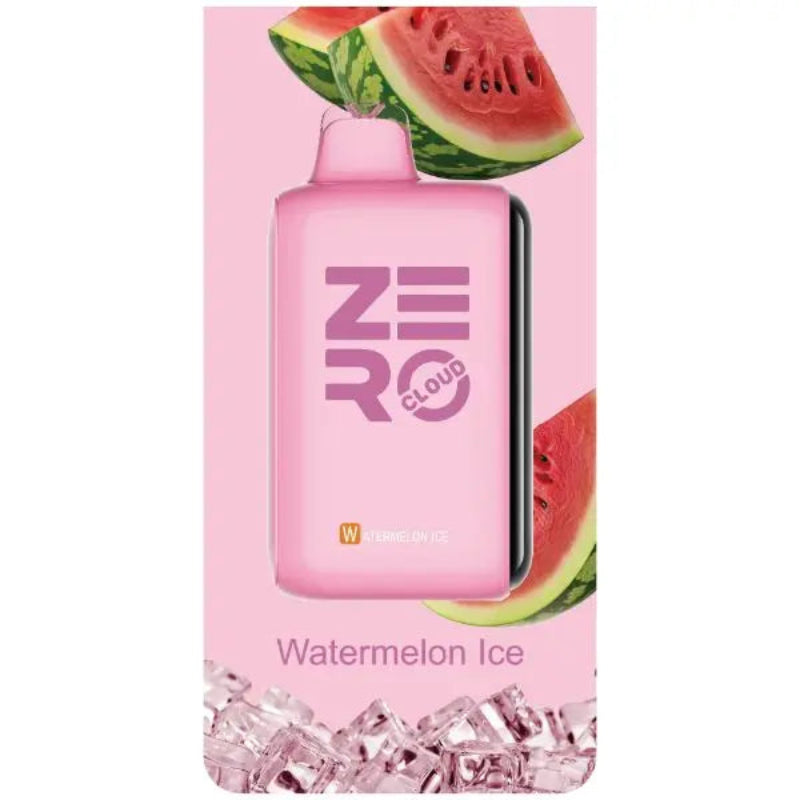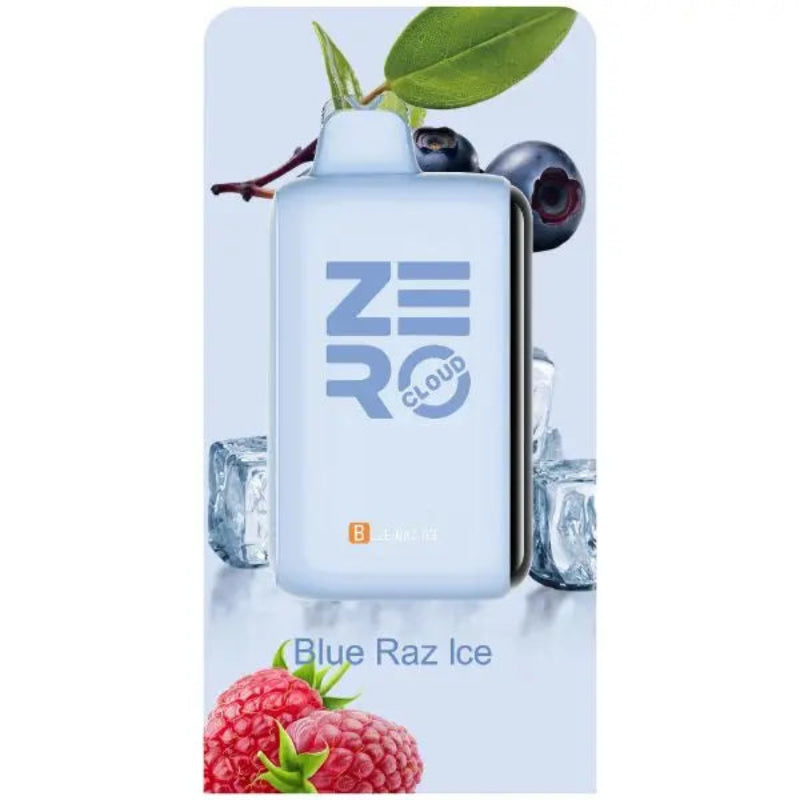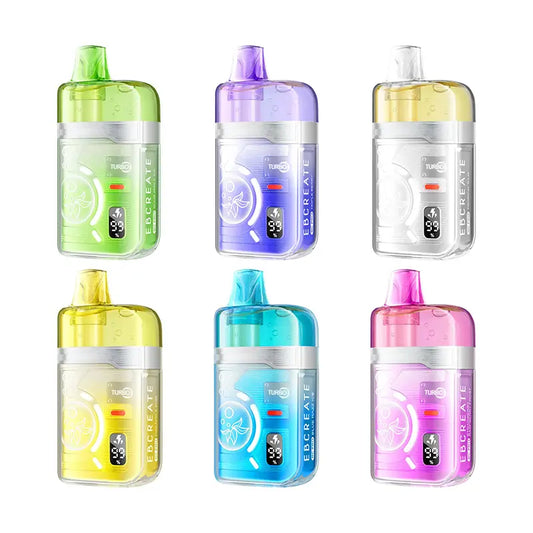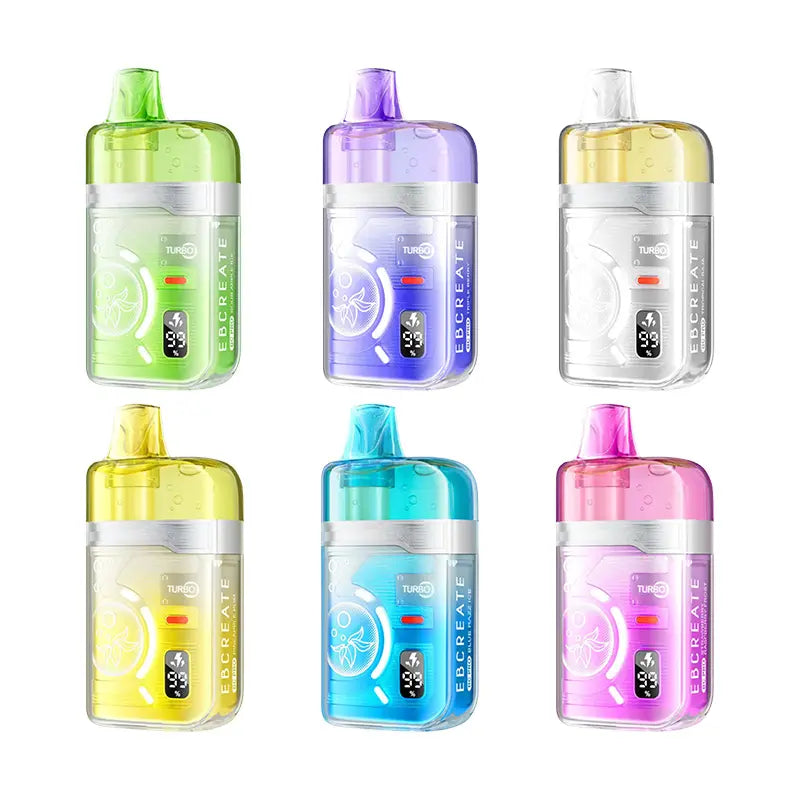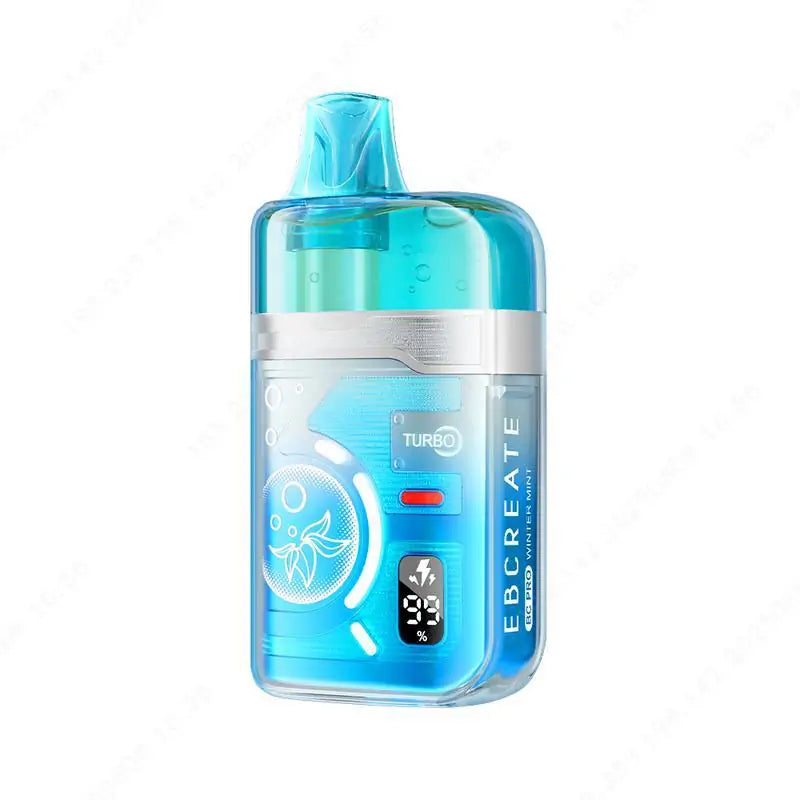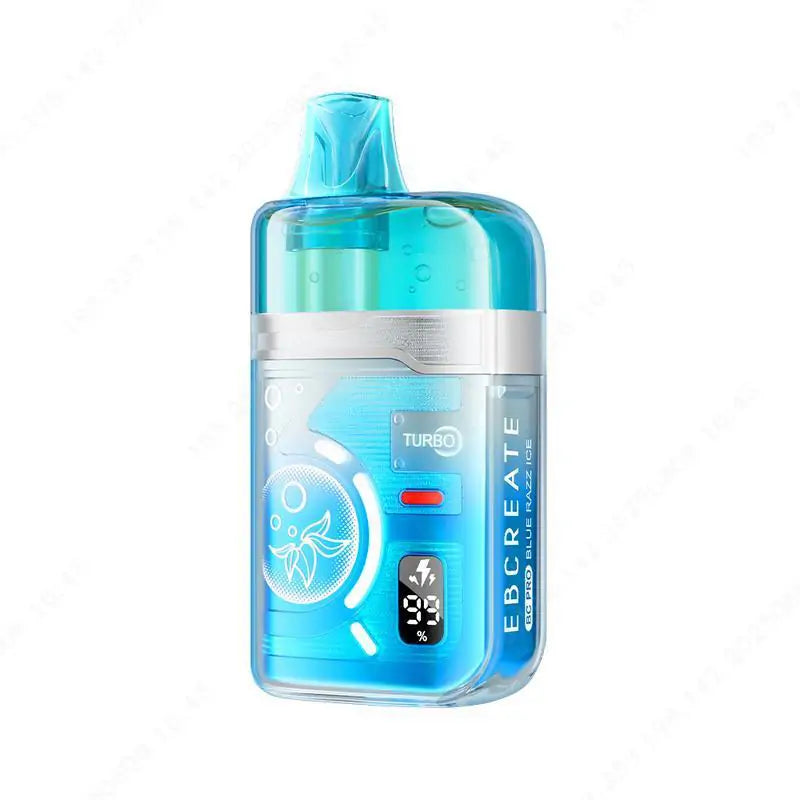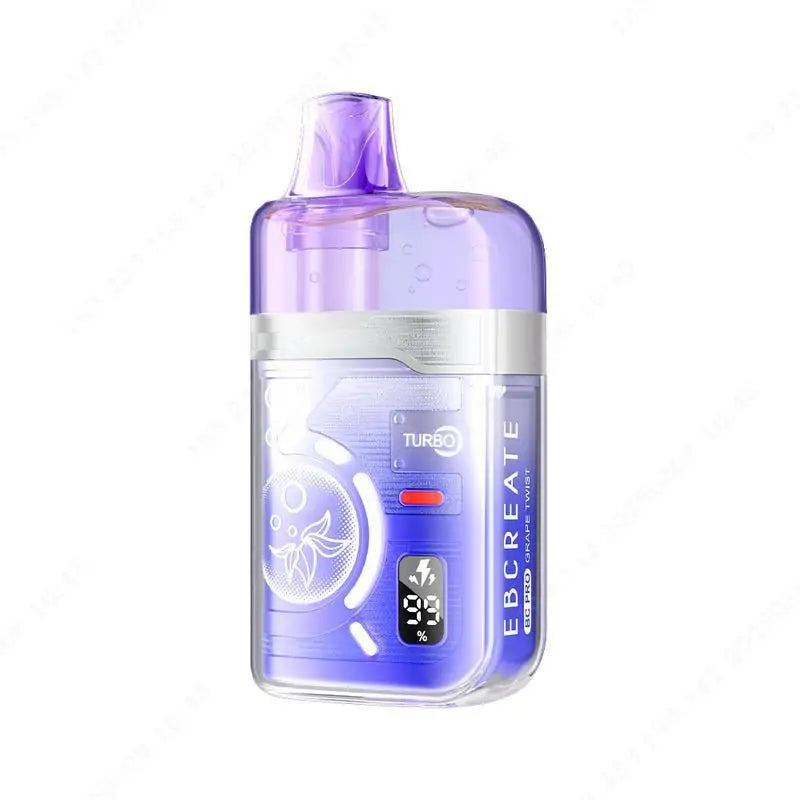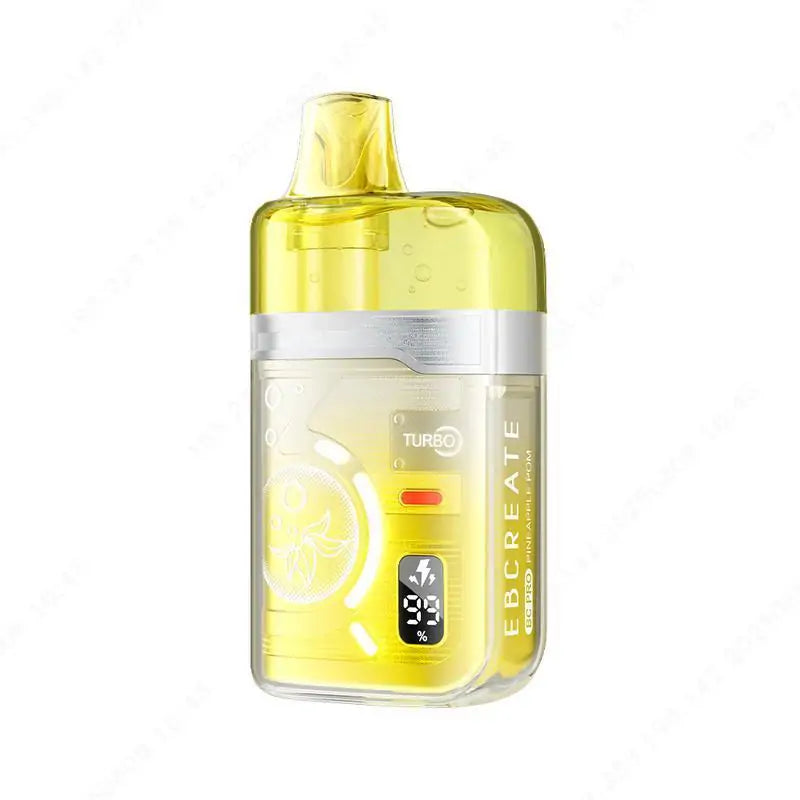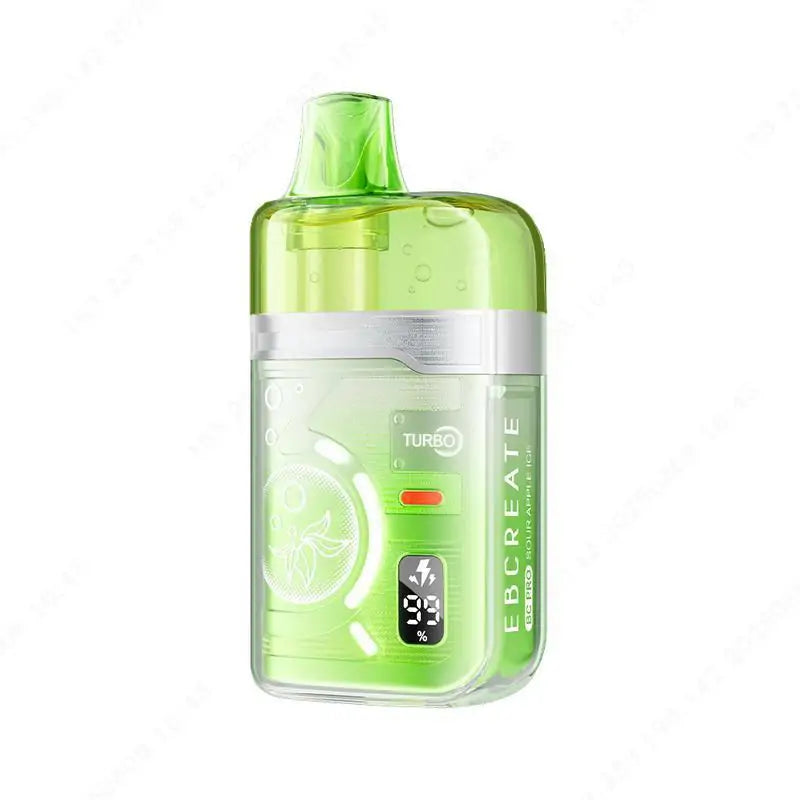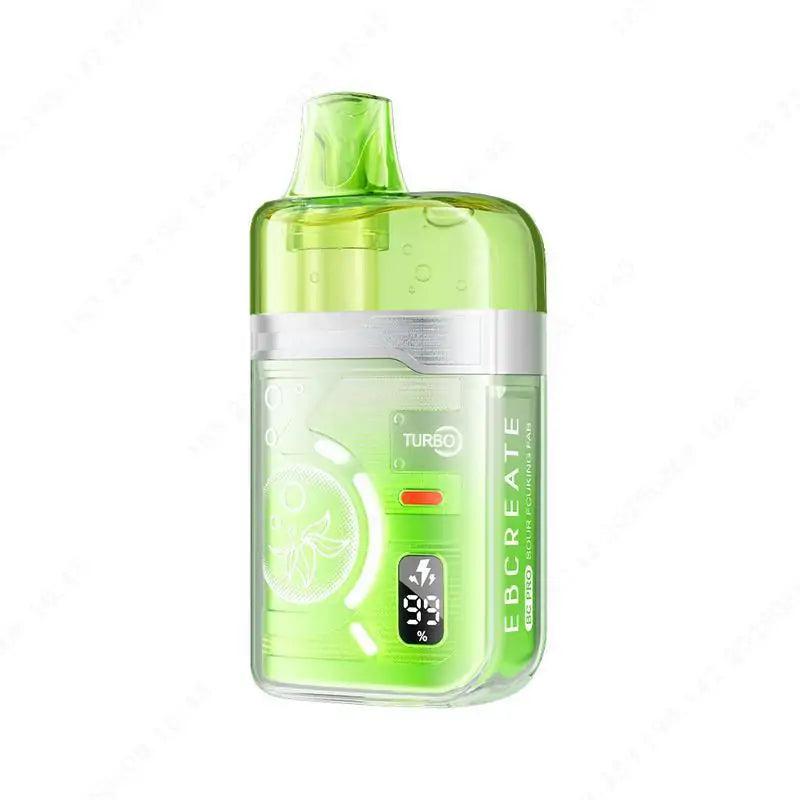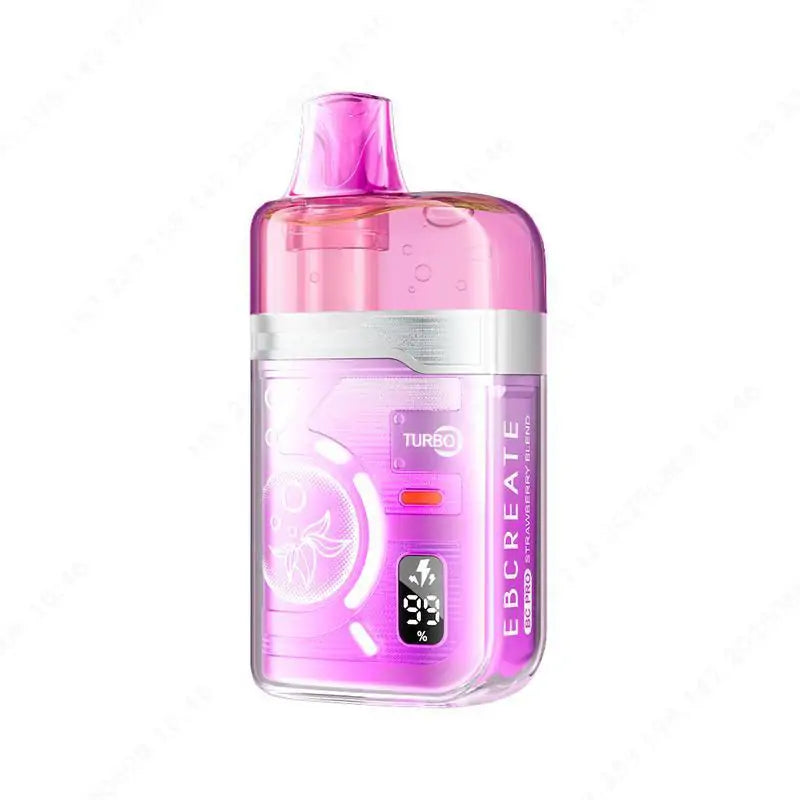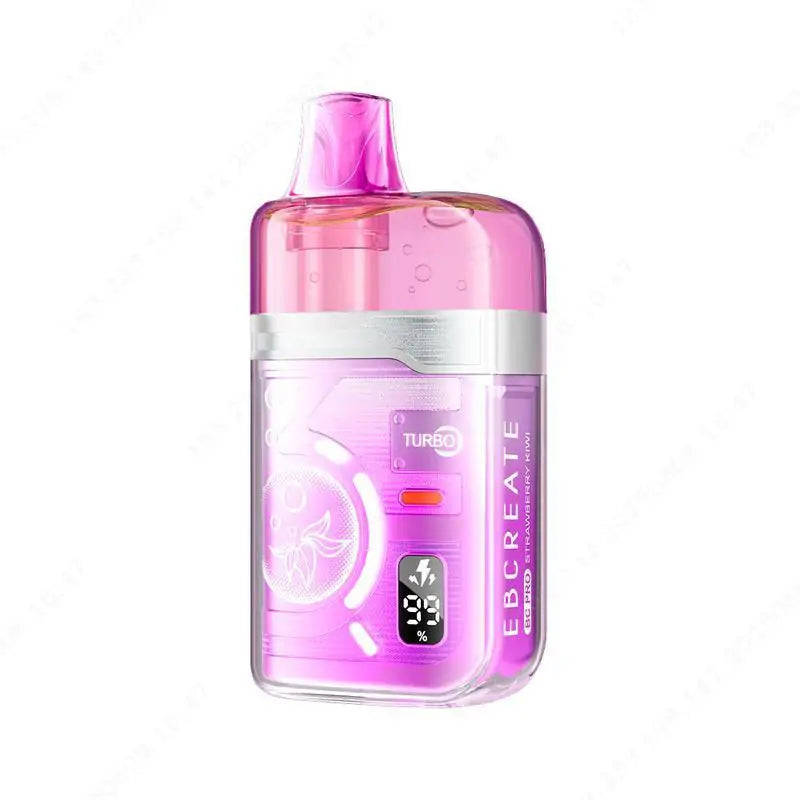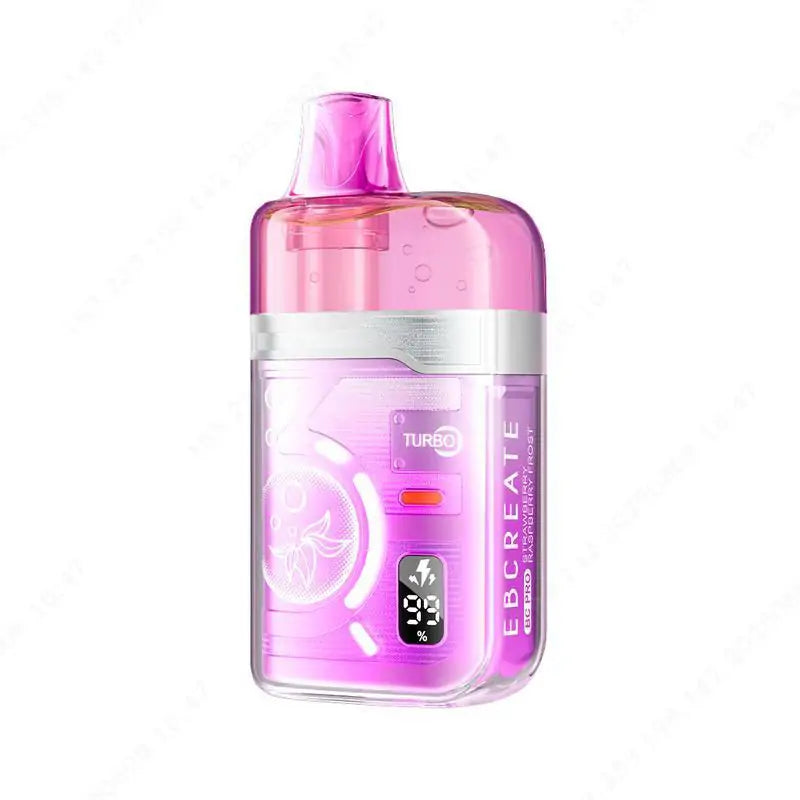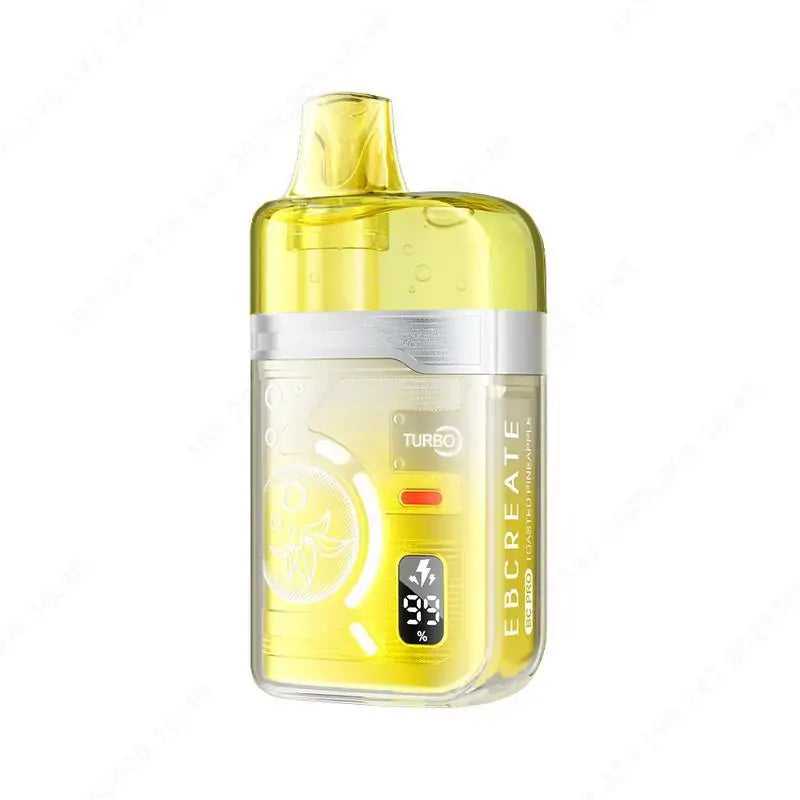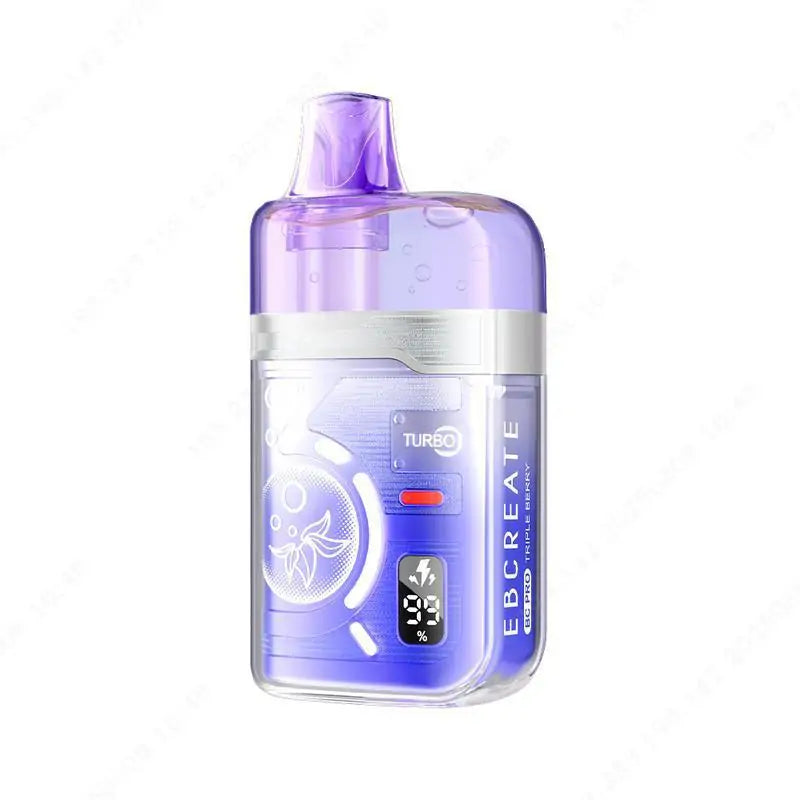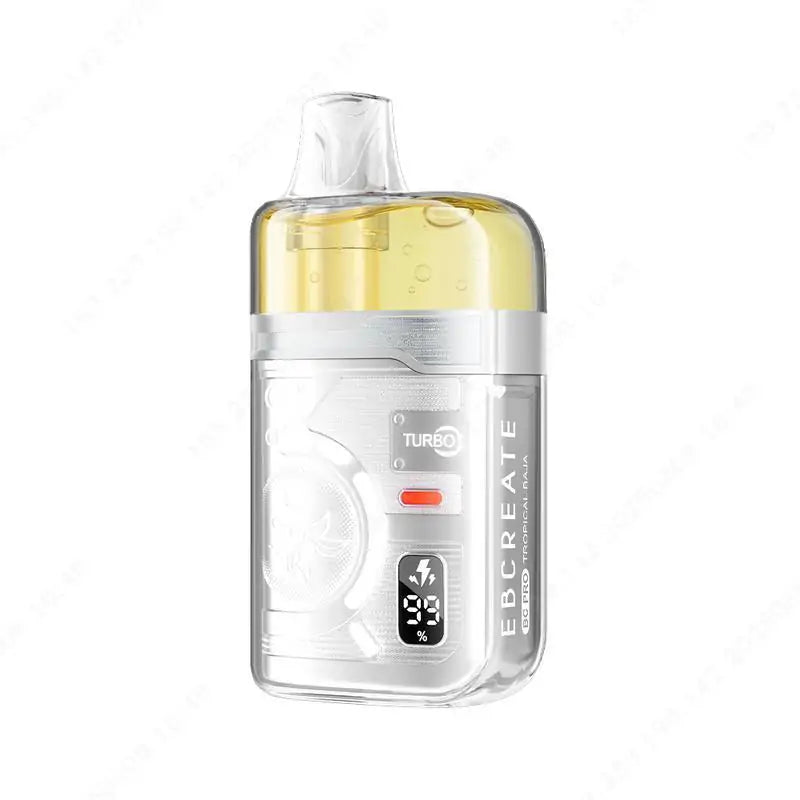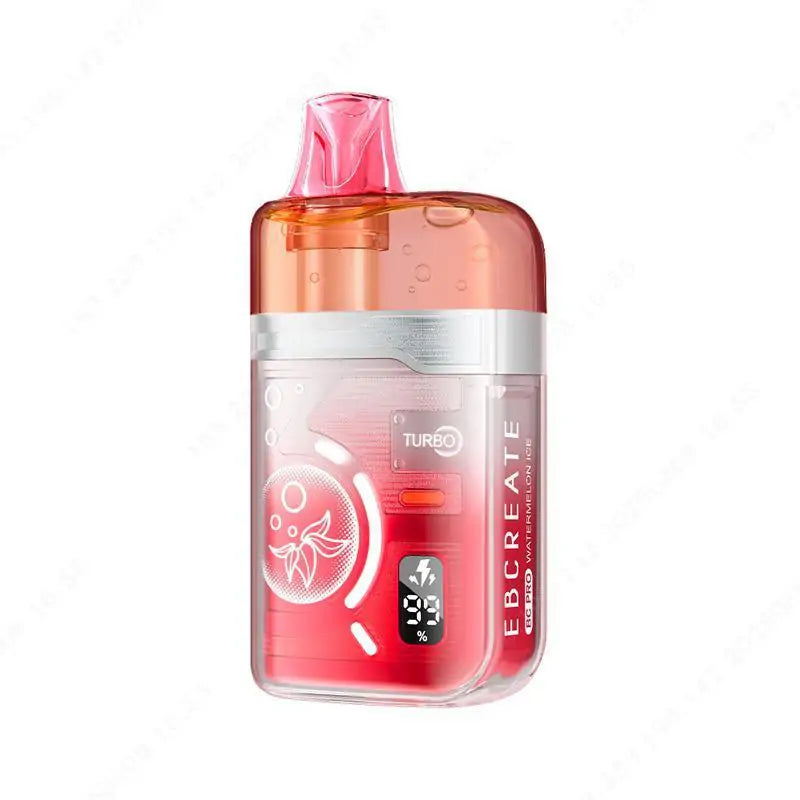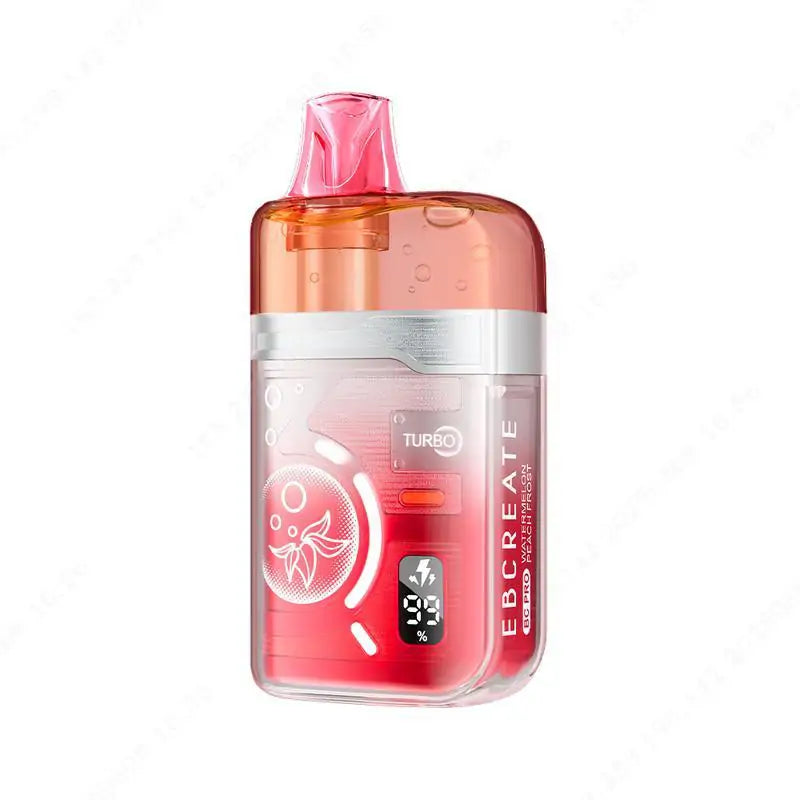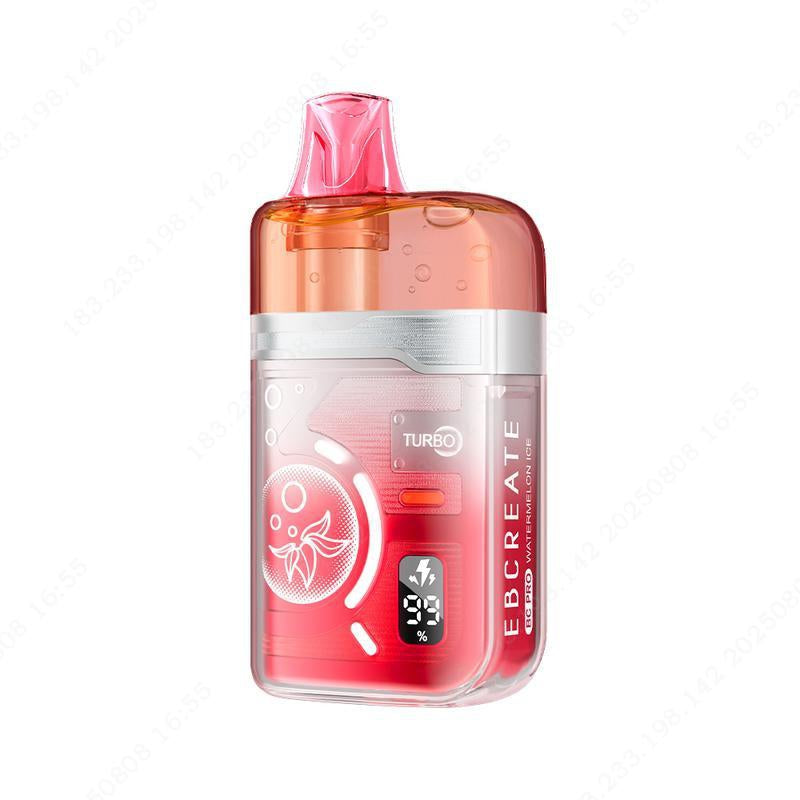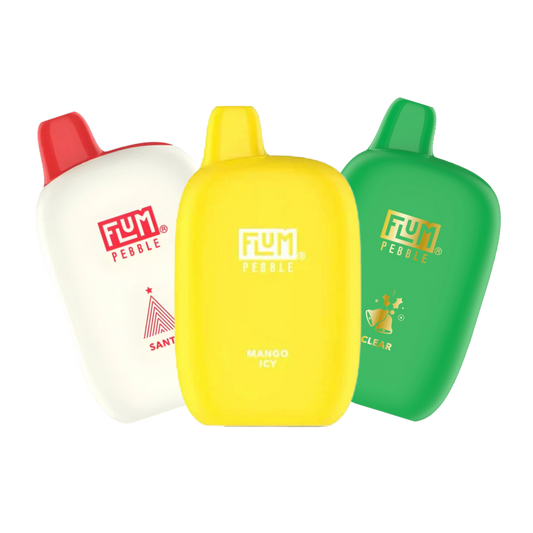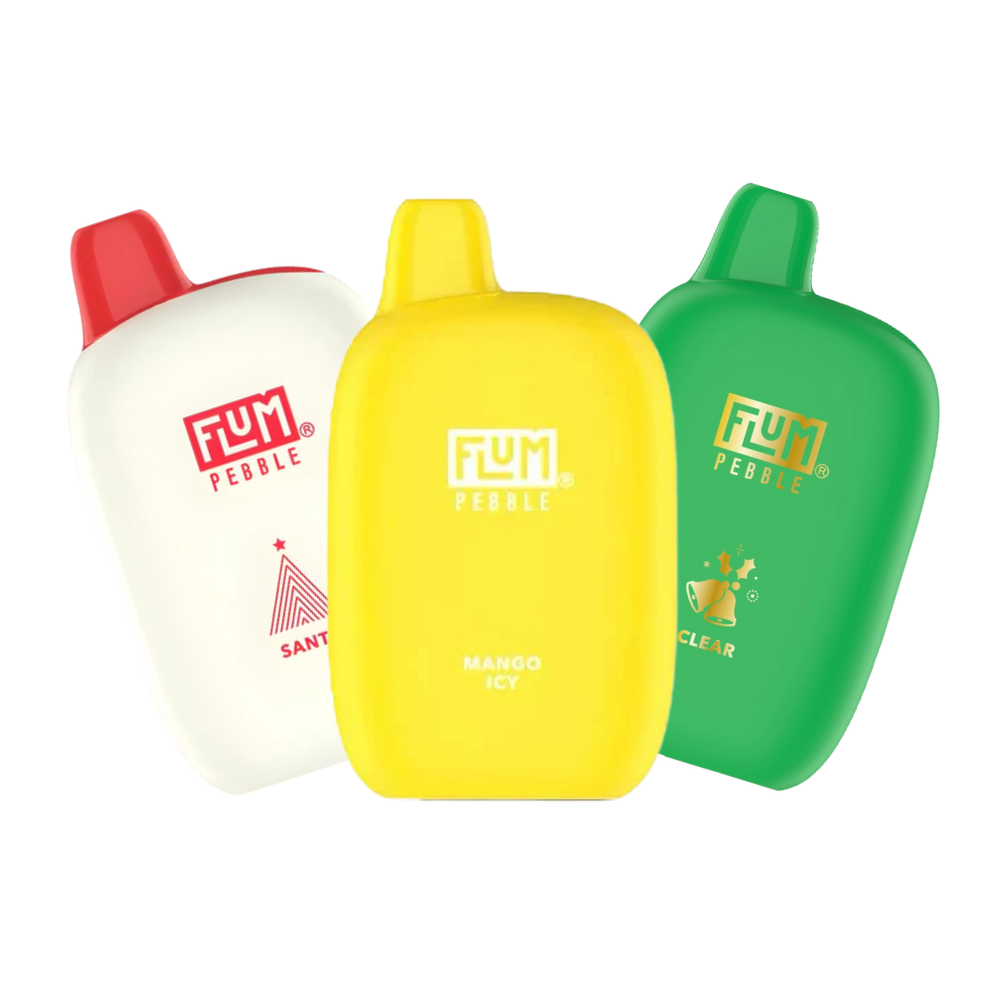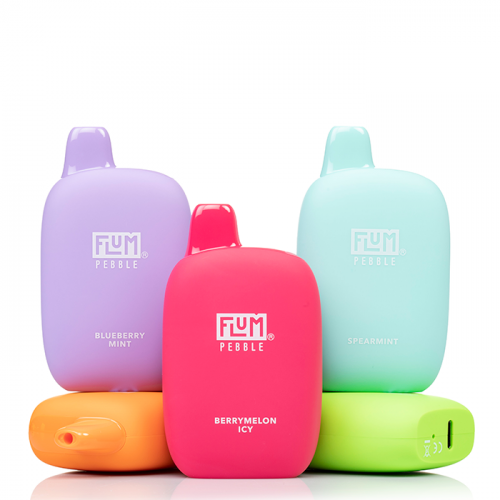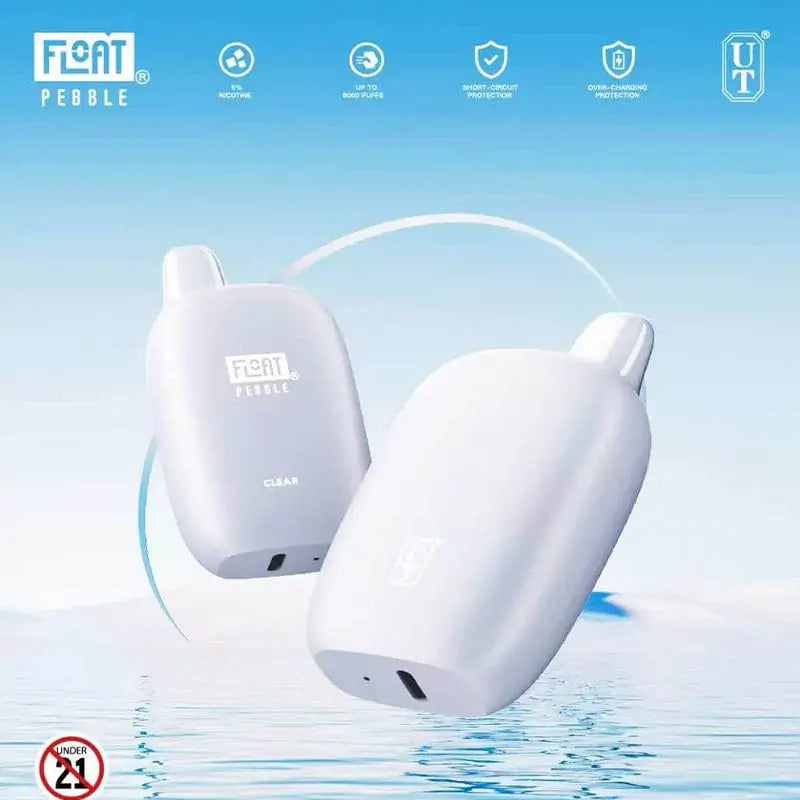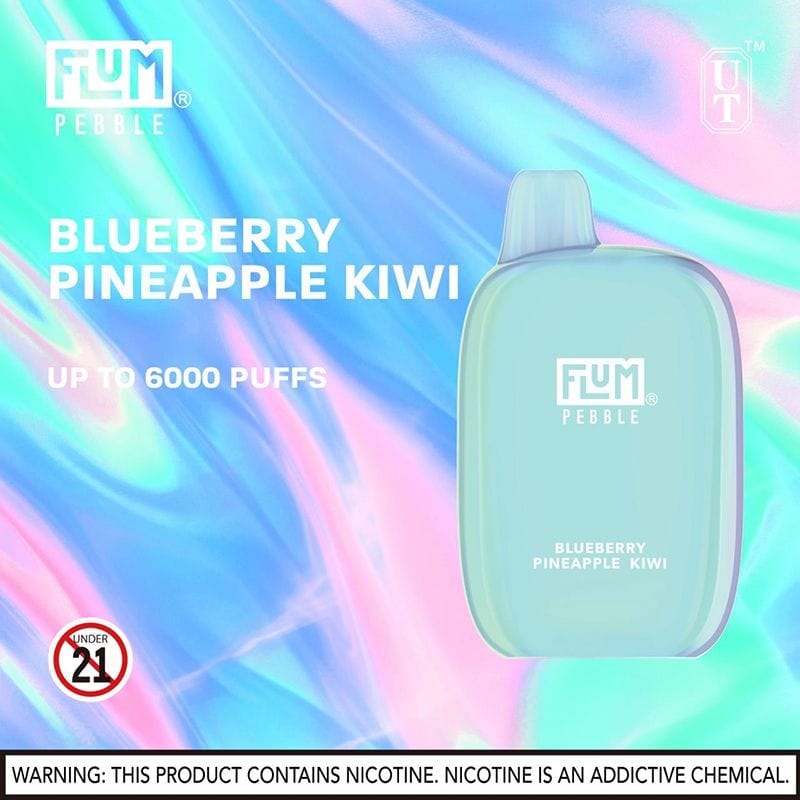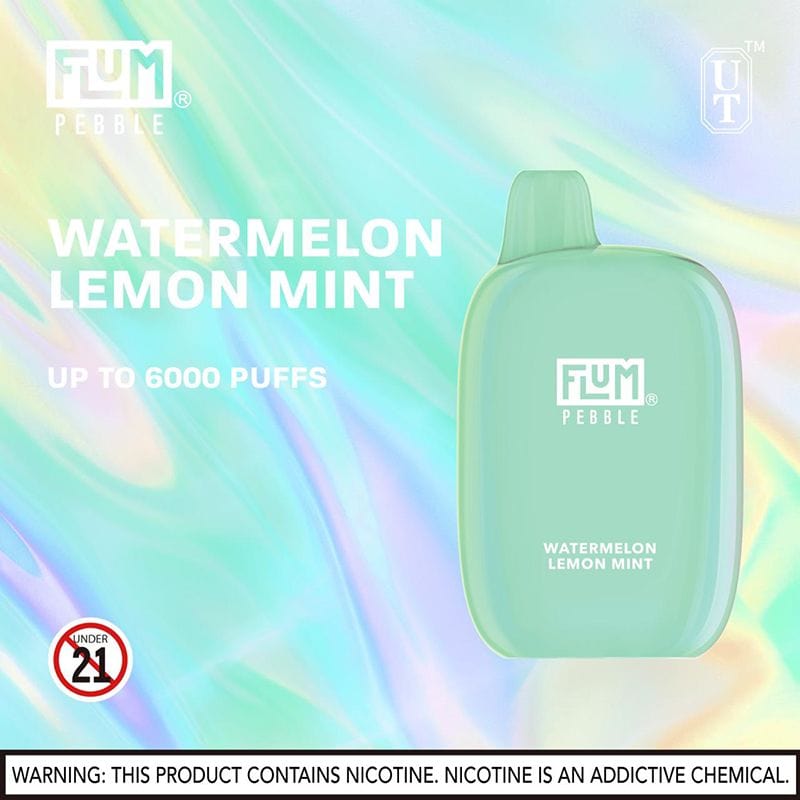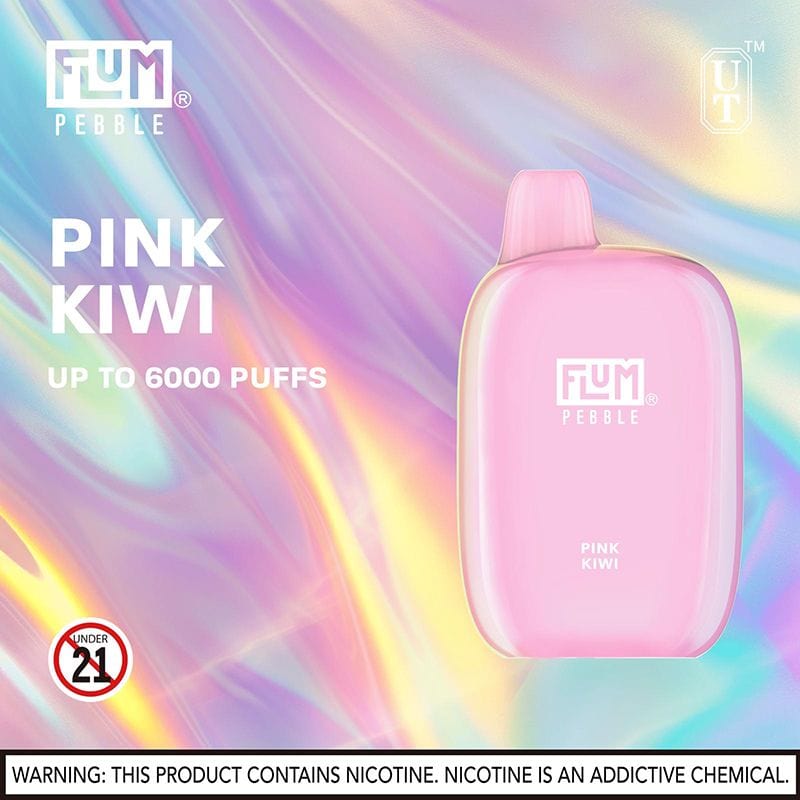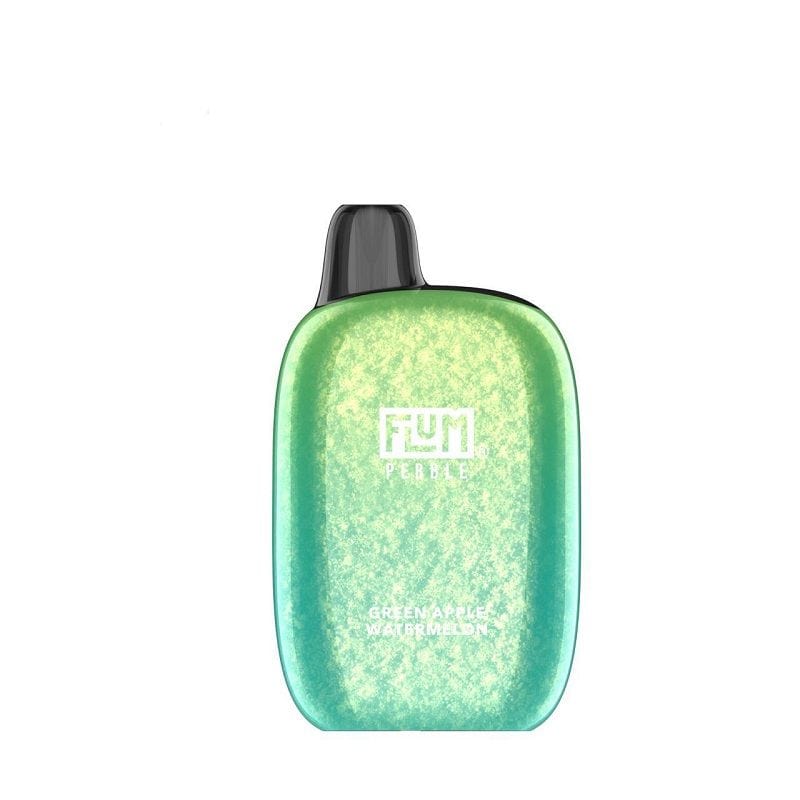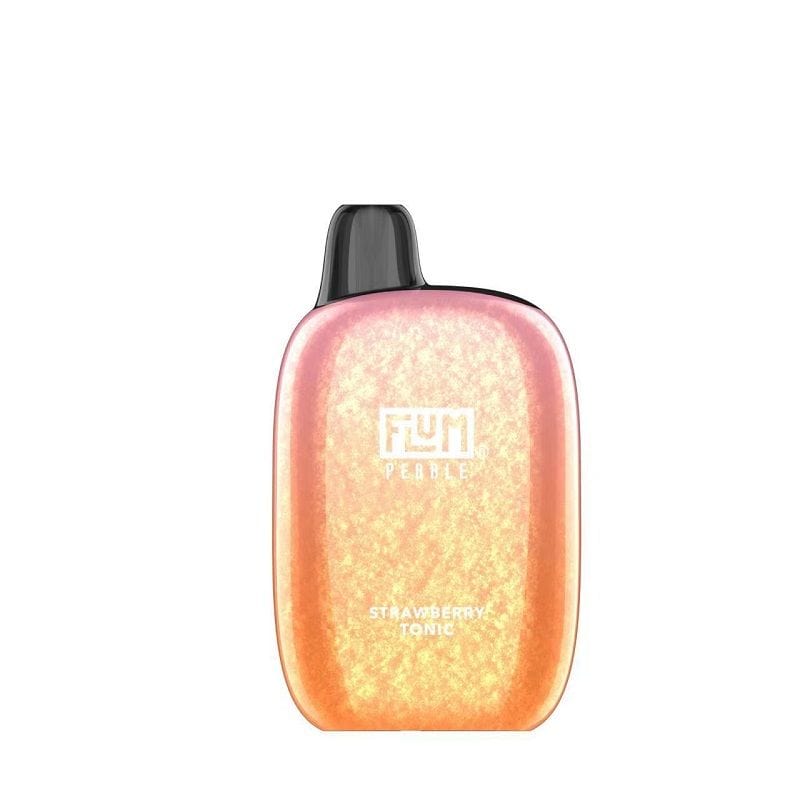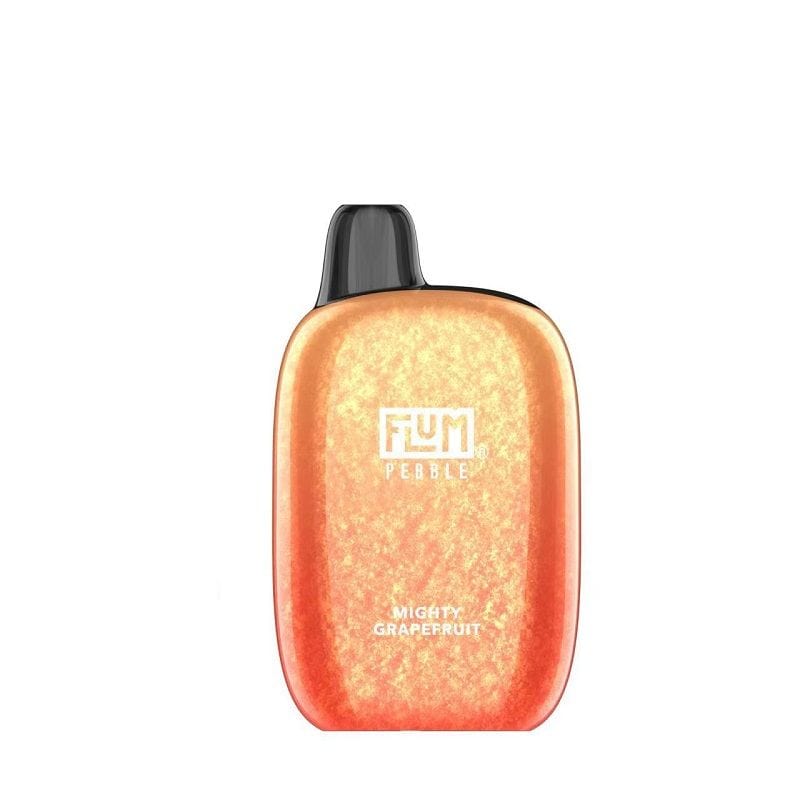The FDA is raising a public health alarm on the potential of a new wave of the Opioid epidemic—the possible cause being the flood of 7-OH products marketed by vape stores, gas stations, and other stores. The FDA highlights that most of these products, which actually contain 7-OH, are not clearly advertised as containing such, and a majority of the products appear to be attractive to younger people.
7-Hydroxymitragynine (7-OH) is a concentrate byproduct of the Kratom plant, and it is not legal; all forms of 7-OH are illegal, and any product it is contained in is considered an illegal product as well, whether it is a vape, gummy, ice-cream cones, or any product at all. Yeah, the FDA hints that some vapes contain 7-OH; a combination of nicotine and 7-OH can lead to a very deadly addiction for anyone vaping products that contain both.
What’s the Fuss About 7-Hydroxymitragynine?
Following a thorough medical and scientific analysis by the FDA, the HHS Secretary, Robert F. Kennedy, Jr., mentioned that the agency is putting up a fight against opioid addiction, which they fear is about to break out real bad in the US. “Today, we’re taking action on 7-OH as a critical step in the fight against opioid addiction.” “We will protect the health of our nation’s youth as we advance our mission to Make America Healthy Again.”

Both agencies agree that there’s a growing availability and use of 7-OH opioid products, sold across vape stores, gas stations, and other local stores. Also, the FDA was sure to point out that there are no FDA-approved 7-OH drugs, as 7-OH remains an illegal byproduct of the kratom plant, and cannot be lawfully added to conventional foods.
Yes, 7-OH occurs naturally in trace amounts in the kratom plant, and can help as pain relief or mood relief, but it is addictive and exposes the consumer to more health dangers. The FDA says that 7-OH has been spotted in tablets, gummies, drink mixes, and shots, sold online. Put simply, the whole uproar from the FDA and health bodies is hinged on the scientific fact that 7-Hydroxymitragynine (7-OH) hasn’t been proven safe enough for consumption, and it could lead to a potential opioid epidemic.
The FDA Warning on 7-Hydroxymitragynine (7-OH)
The U.S. Food and Drug Administration (FDA) has moved aggressively to restrict and warn about 7-hydroxymitragynine (7-OH). The agency has issued warning letters, published clinician advisories, and recommended that 7-OH be placed under the Controlled Substances Act (Schedule I) because of its opioid-like effects, high abuse potential, and growing presence in consumer products such as gummies, beverages, and vaping liquids.
This time, the FDA isn’t coming for vapes, but quite a variety of product types suspected to contain this controversial, potent opioid-active compound—7-OH. In concentrated form, 7-OH binds opioid receptors and produces effects and risks similar to other opioids — sedation, respiratory depression, dependence, and overdose risk. The FDA has explicitly described 7-OH as an opioid and warned that concentrated products have caused harm.
How the FDA is Tackling 7-hydroxymitragynine Inclusion in Today's Products?
Already, the FDA has issued multiple warning letters to companies marketing products containing the compound to take their products – which contained 7-OH – out of the market. With the letters sent out, the agency is also pushing for 7-OH to be listed under the Controlled Substances Act (Schedule I), while publishing a couple of “consumer alerts” to advise and warn the general public. In a bid to amplify the FDA’s yearnings, national media, scientific journals, public-health agencies, and blogs are also publishing waning notes about this synthetic compound.

What Products Contain 7-OH?
So far, the FDA reports show that the compound has been spotted in the following product categories.
· Gummies, candy, and snack-type edibles are marketed for relaxation or energy.
· “Shots”, drink mixes, and beverage concentrates.
· Vaping liquids and cartridges are sold at vape/smoke shops (including products marketed as “disposables” or flavored cartridges).
· Supplements and “wellness” tablets are promoted online or in corner stores.
What are the Dangers of 7-OH?
So, there has not been any reported adverse case caused by this compound; however, the FDA warns of the following outcomes:
· Mechanism-based harms, as with other opioids: sedation, impaired respiration, and risk of dependence and overdose.
· Unregulated dosing, especially when combined with alcohol or other central nervous system depressants.
But then, according to a report by the Drug Enforcement Administration Toxicology Testing Program, there has been a rise in fatal overdoses on 7-OH and mitragynine – a related substance, or a combination of both. Also, in 2024, there were more Reddit posts and engagements on 7-OH as a topic, as discovered by the National Drug Early Warning System.
It is imperative to note that the National Poison Data System (NPDS) introduced 7-OH−specific call codes in February 2025, and by May 30, 2025, the agency had collated 53 cases involving 7-OH, 6 of which were related to children, and almost 50% of the reported cases were classified as “intentional abuse.” Now, these are the concerns, but it doesn’t stop there; by July 31, 2025, the number of reported 7-OH cases had reached 165.
How Does 7-OH Compare to “Kratom” and to Traditional Opioids?
The natural kratom leaf contains many alkaloids, including trace 7-OH; traditional kratom products like tea and powders generally have very low levels. The FDA’s actions specifically target concentrated or synthetically enhanced 7-OH, not the whole kratom leaf per se. That distinction matters for regulators and industry, but it does not eliminate safety concerns for concentrated products. 7-OH is pharmacologically opioid-active.
What’s There for Vapers to Know?
Umm, let’s just say, for informational purposes—to be aware of the new restricted compound the FDA is kicking against. So, if you found it as part of the ingredients in a vape product (e-liquid or disposables), you should skip the product and go for another. However, manufacturers who add 7-OH to their products don’t even mention it in their ingredients list, but you may see a noting like “kratom extract”—ask the seller what exact kratom extract was used in the product, and if they don’t give a satisfying answer, don’t buy the product.
But then, these don’t in any way affect vaping! I mean, you can still go ahead and continue enjoying your vapes. However, if you spot a new vape product that pretty much entices you, and you wish to try it out, first, make sure to check the ingredients used in the product, and if you can see kratom extract or 7-OH clearly mentioned, then that’s a red flag. So to say, your regular Geek Bar Pulse, SMOK, and Nexa disposables are in no way affected by this.

Another thing is to make sure you buy your vapes from verified stores, and not the black market, where plenty of unauthorized products are passed around. Already, in the US, the FDA has a shortlist of approved vapes to be sold across the states, but you know, most of the common and popular names didn’t make the list. So, again, check if your state is heavy on FDA-approved vapes only, or are other vapes—like the Geek Bars and RAZ disposables—still legally allowed in stores.
The FDA didn’t mention which vapes they tested and found the 7-OH concentrate, but they did say that they found the compounds in some vape e-liquids. To the best of our knowledge, the e-liquids sold on stores like VapingLand.com does not contain this synthetic compound; so, if you shop on these stores, you’re marked safe from all these concerns.
Verdict
Actually, when the FDA calls a halt to the consumption of a thing, oftentimes, it’s not necessarily that the thing is immediately harmful; however, a continual consumption of the substance is where the issue lies, as that could lead to adverse effects. In this case of 7-OH, it occurs in trace amounts, and in the products you will find them in, they are in there in very small quantities.
So, if you had consumed a product with this compound, umm, it’s not going to do you anything, but just stop taking that product and go to the nearest clinic to get a substitute product or medicine you can port to, instead. As for vaping, always make sure to patronize known vape stores and use only original vapes, whether you prefer disposables or pod systems.





